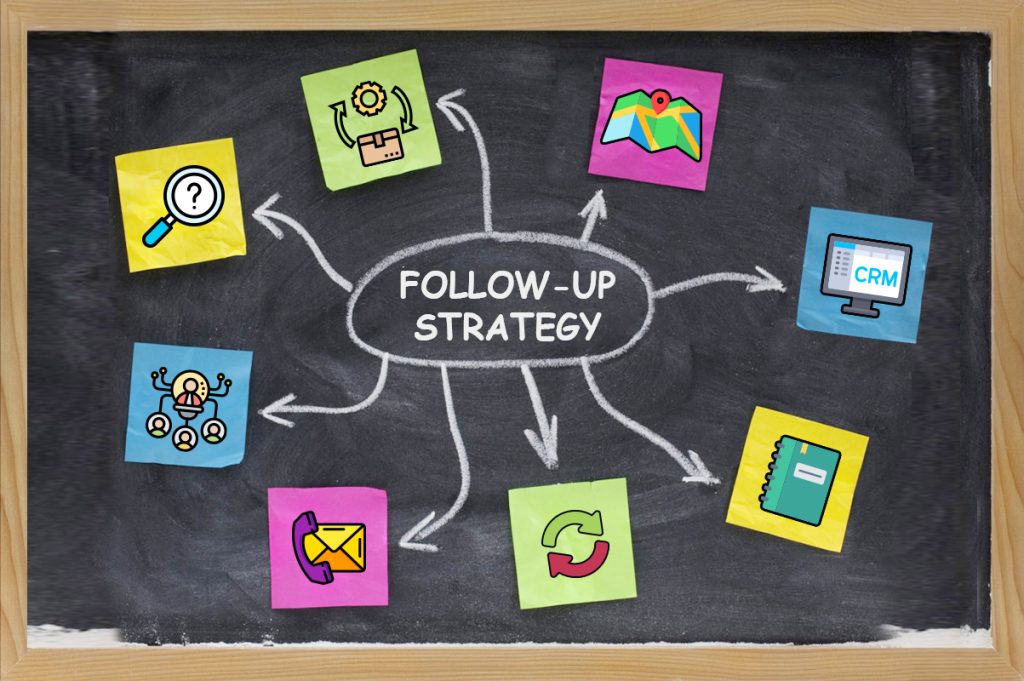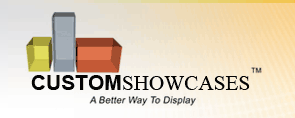
Trade shows are one of the best and thriving face-to-face marketing strategies. There is nothing that replaces meeting face-to-face. That’s why trade shows and events are still one of the strongest forms of marketing. Although an expensive way to market, the return on investment can be tremendous. As an exhibitor, you feel a sense of relief and accomplishment once you have a successful trade show. However, it’s important to understand that once the trade show is over, your work has only just begun. The power is in the trade show follow-up.
With your goals/objectives in mind, you should have a concrete way of determining success. Here are some tips for your trade show follow-up strategy.
Reach Out
Make it a priority to email & call booth visitors so that you can follow-up and provide them with what was promised. But by doing so, add leads and notes to your CRM and continue the conversation had on the show floor. The more detailed information that can be added about each lead into your CRM database will make your follow-up more effective and your sales team more successful.
Prioritize Leads
Hot, warm or cold. Typically, you will want to send a follow-up email within two days of the trade show. This is a best practice for trade show follow-up The earlier the better, as your lead will have a better chance of remembering who you are and the conversation had. The really ‘hot’ leads should receive a call as soon as possible from the sales team to chase the opportunity presented at the show. Warm leads should also be called after the email is sent.
Follow-Up Campaign
As you are creating your follow-up email campaign, keep in mind that your interactions should be relevant, personalized, consistent and provide quality content. It’s important to nurture your leads and not attempt to sell them right away. Keep your emails short, sweet and to the point.
a. Email 1: In this first trade show follow-up message, it’s important to thank them for visiting your booth. Send a photo or video of your booth to remind them of who you are. Give them an offer or special price for a Thank You.
b. Email 2: This email should be scheduled one to two days after the first initial email was sent. In this email, a clear call-to-action can and should be included. Perhaps asking the visitor to complete a survey on their booth experience, downloading a white paper, watching a video about your company, signing up for a webinar, etc. It’s important not to try to hard sell anything yet. Doing so can be a big turn-off of any possibility of doing business with your company. Continue to simply provide relevant, quality content. Consider what type of challenges they may be facing and how your company can help them solve those challenges.
c. Email 3 and on: Continue to provide quality content with clear calls to action, such as visiting your website, scheduling a demo, download content, etc. This should be a weekly or monthly email sent to keep your company top of mind to them when the need arises for your product or service.
Sales Emails/Calls
In addition to the regular email newsletter they will now be receiving, it’s important to analyze their interactions and engagements with the emails you have sent thus far and begin to prioritize those leads that should be contacted by sales. Perhaps they have downloaded several of your white papers, or showed interest in scheduling a demo, it’s a prime-time for your sales team to begin building a relationship to attempt to gain their business. Any calls or emails at this stage should be hyper-personalized. This should not be part of an email campaign, but rather an actual, lively email or call.
Be Social
Connect with your leads on social media. Like, comment, follow and engage with their pages and posts. Do this immediately following the trade show and you increase your brand’s chance at being remembered.
Planning ahead and creating your trade show follow-up strategy in advance of the trade show will help make post-show follow-up a breeze. Take the above tips into consideration prior to your next trade show to be sure you’re equipped with a well thought out follow-up strategy for the best ROI possible.
